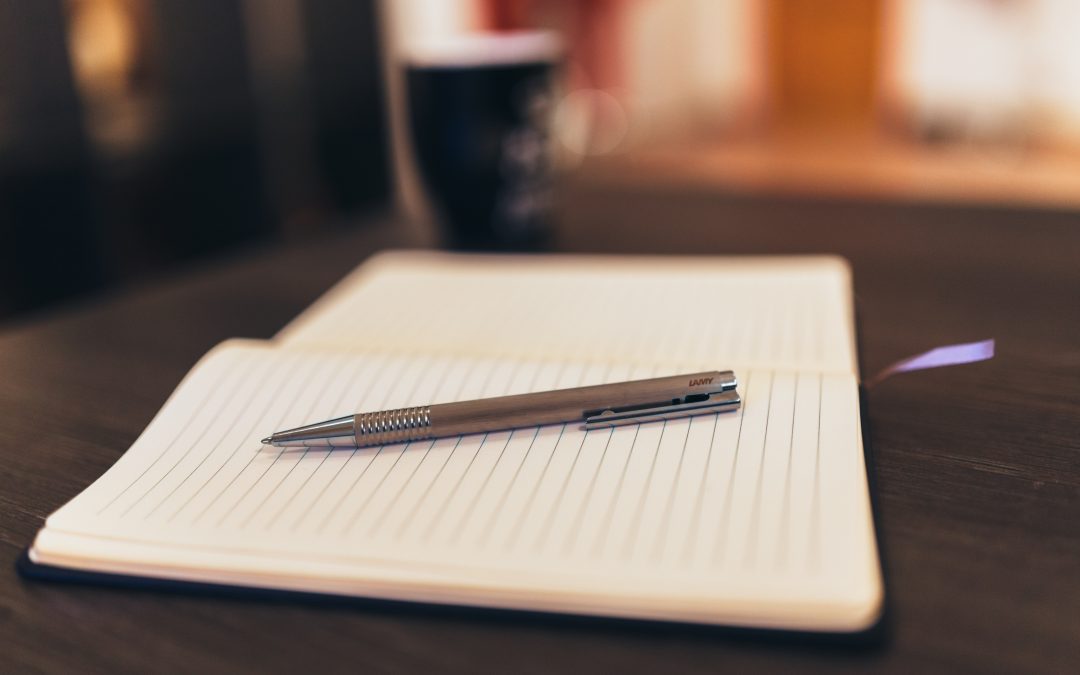I shared last week about my undying love for goals and resolutions. I love reflecting on the closing of one year and planning for the year ahead. It feels fresh and fun and hopeful. My friends, social media feeds, and the clients coming into my office make it clear that I am not alone.
But now its mid-January. The shininess of the new year is already starting to wear off. People have been hit with the flu, snow days, and unexpected stressors that make it incredibly difficult to keep those well-intentioned resolutions. For many of us, the moment we get knocked off our plan is the moment we abandon our goals and resolutions.
We feel guilty that we aren’t perfectly on track. The guilt turns into shame. The shame paralyzes us, and we abandon the goals and resolutions we were once so excited about.
We feel guilty for eating McDonalds when we swore we would eat healthier this year. We tell ourselves we are lazy and hopeless because we stayed in bed instead of going to the gym. We see how much time we spent binge watching Netflix and conclude we will never actually be a reader.
The guilt and shame only function to hold us down even further, to steal our motivation and cement our failure identities. They defeat and de-motivate until we give up on our goals and stay parked in our self-loathing.
So here is your mid-January pick-me up.
When you fall off course, I want you pay attention to the guilt and shame that creep in. I want you to have a conversation with the guilt. The function of guilt is to notify us that we have acted outside of our conviction. I feel guilty when I speak harshly to my children because I believe it is important to speak with kindness, gentleness, and respect. The guilt notifies me when my behavior and convictions are out of line.
So, if I can see the guilt that comes from not following through on a resolution, I can decide how out of line it really is with my convictions. I have a goal of exercising five days a week. Yesterday, one of my scheduled days to exercise, I didn’t exercise. I took a nap instead. And, I definitely felt the guilt. It would’ve been easy to sit in it and let it turn into feelings of inadequacy and failure.
But instead I paid attention to the guilt. Yesterday I was feeling run down, exhausted, and a little bit sick. I don’t want to get sick and I want to be able to care for my family and work well in the next few days. I believe that what my body really needed yesterday was rest. Resting actually fit within my priority of self-care better than exercising. Once I worked that through, the guilt and self-defeat were gone. I can continue to move forward toward my goal, without being derailed by a day off.
Sometimes our guilt will show us that we really have acted outside of our convictions. Say you have the resolution to spend less time on your phone, but at the end of the day you realize that you have spent way more time than you wanted perusing headlines, playing Words with Friends, and scrolling social media. You don’t feel good about your choices.
Rather than let this turn into shame and harsh judgement, get curious. Why was your behavior out of line with your goals today? Were you tired? Stressed? Hungry? Do you need to increase accountability or self-monitoring? Be curious about your behavior and then use the information you glean to build a plan for tomorrow.
Either way, you are using your guilt to inform you, not to be a gateway to shame, self-loathing, and self-defeating behavior. Processing your guilt in this way can help keep you on the path you want to be on, and keep your resolutions and goals moving forward.
Shame is different than guilt in that it addresses our identity rather than our behavior. Shame tells us that we are unworthy, flawed, and worthless. The goal is to address the guilt before it progresses to shame, but sometimes the shame hits us first. When that happens, we need to name it as shame, share the feeling with a trusted friend, and consciously make a choice to reject it.
I have high hopes for 2018. I want to continue to grow and move forward in positive directions. In order to do that, I am going to have to pay attention to guilt and shame as I work to move forward toward my goals and priorities for the year.


